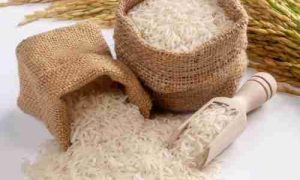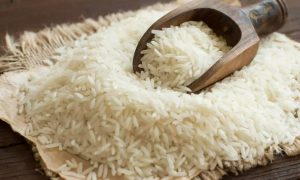Philippines : DA recommends that President Marcos extends rice import ban

Farmgate palay prices rose after the temporary rice import ban, though fluctuations persist during ongoing harvests. The Department of Agriculture has recommended extending the ban to support farmer incomes and stabilize markets. Retail rice prices remain steady, supply is sufficient, and consumer impact minimal, with buffer stocks projected to last up to 90 days.
The Department of Agriculture (DA) has recommended to President Ferdinand Marcos Jr. the extension of the temporary ban on rice importation until the end of the year, aiming to further stabilize the farmgate price of palay.
President Marcos earlier suspended rice imports for two months, until October 31, to stem a sharp decline in palay prices ahead of the wet harvest season. The measure initially lifted prices, but gains have since tapered off as the import suspension neared its expiry.
Agriculture Secretary Francisco P. Tiu Laurel Jr. said palay prices in major producing provinces such as Isabela and Nueva Ecija had climbed to P13–P14 per kilo from as low as P8 in some areas before the import freeze.
He said reports from the DA’s Regional Rice Program showed that prices peaked at P16.50 per kilo between September 8–12 before easing to P13.50 by September 15–19. The cost of production is between P12-P14 a kilo.
“This demonstrates that while upward adjustments have been observed, farmgate prices remain volatile and the harvest is still underway across much of the country,” Tiu Laurel said.
He added that extending the import ban is a “necessary measure to provide sustained support to local producers, maintain market stability, and ensure a more comprehensive assessment of the policy’s effects.”
For consumers, the DA’s Agribusiness and Marketing Assistance Service (AMAS) found that retail rice prices have remained broadly stable. AMAS data showed imported rice prices fell significantly, with regular-milled rice dropping from P40 per kilo in August to P37 by mid-September, while well-milled rice eased from P50 to P48 per kilo.
Local rice prices, meanwhile, have shown greater stability. Projections indicate they will settle at around P42 per kilo for well-milled rice and P40 per kilo for regular-milled rice by November.
“These developments suggest that consumer welfare has not been adversely affected by the suspension,” Tiu Laurel said. “Meanwhile, supply projections confirm that availability remains sufficient even under a 120-day import suspension. Conservative estimates show rice supply lasting 87 days by year-end, while the optimistic scenario projects 90 days.”
He noted that current buffer stocks exceed food security thresholds and are higher by 1.12 million metric tons than the 2024 ending stock, which covered 61 days of consumption.
The DA also reported that recent weather disturbances are unlikely to cause significant production losses toward the end of the year.
To Read more about Rice News continue reading Agriinsite.com
Source : Department Of Agriculture














